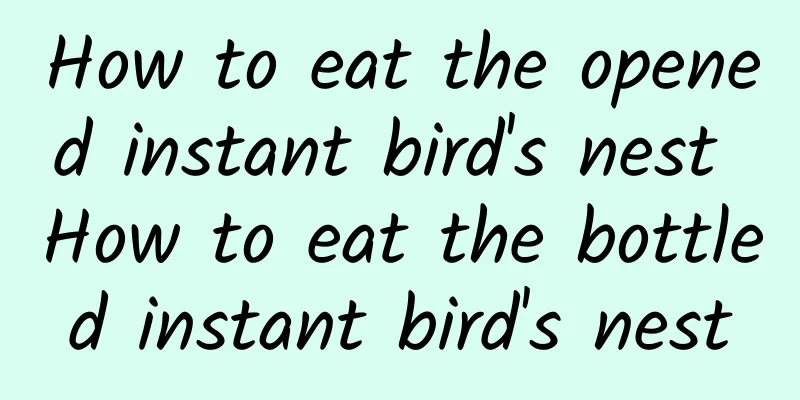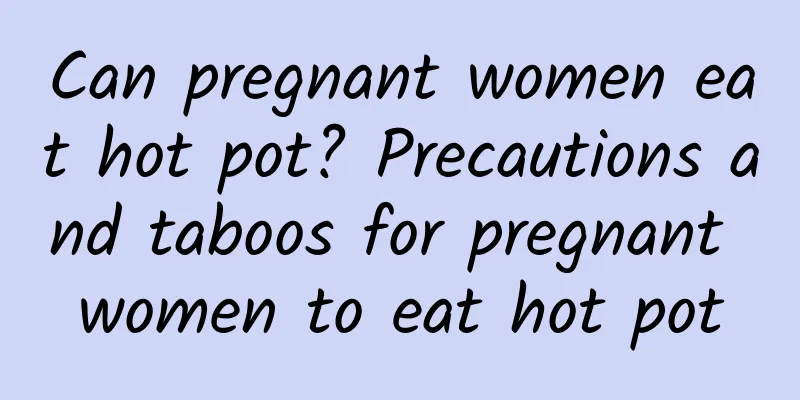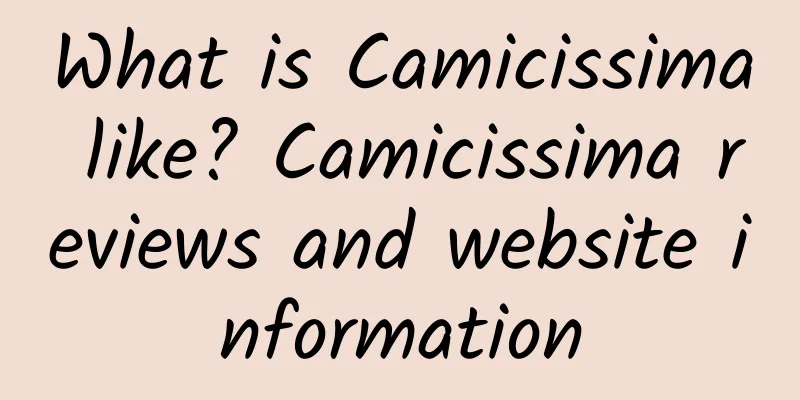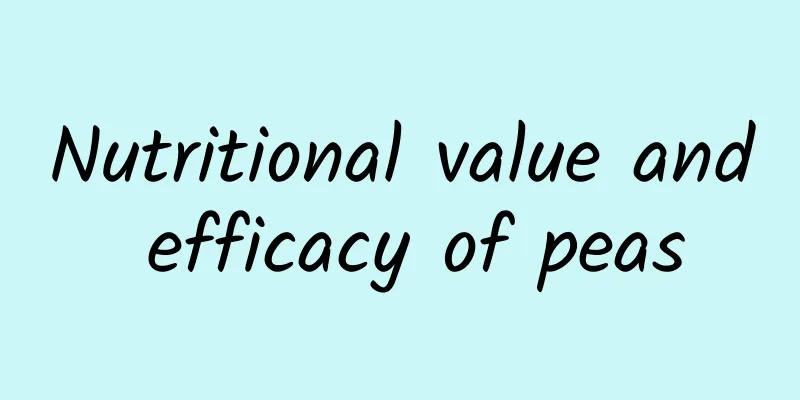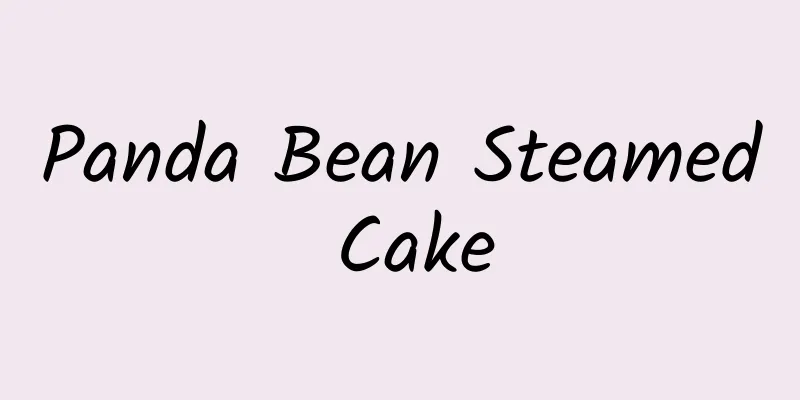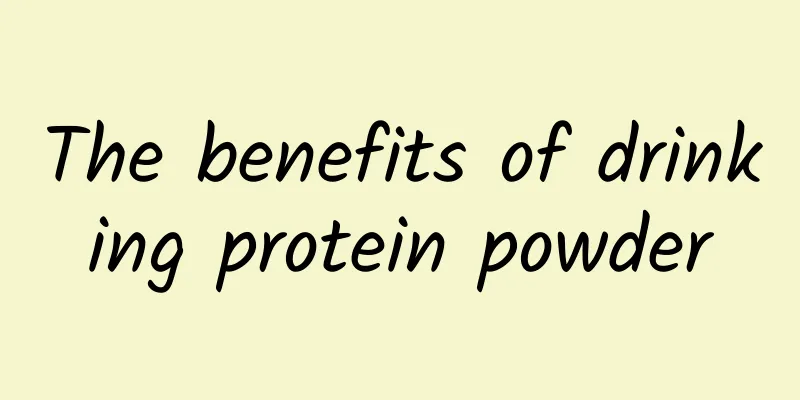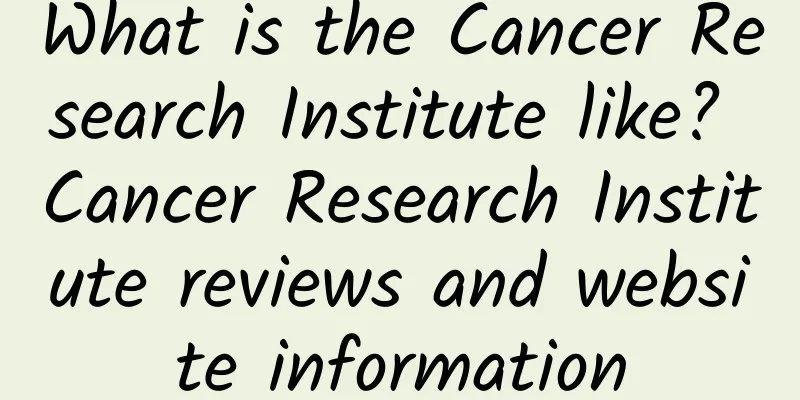Chickpeas: Efficacy, Functions and Contraindications

|
Chickpeas are a kind of legume food, also known as chicken heart beans. They come from the seeds of the legume plant. They are mostly produced in Shandong, Taiwan, Inner Mongolia and other places in China. Chickpeas have a crispy taste, rich nutrition, and excellent health benefits, but they are not suitable for everyone. There are some taboos when using them. The following is my comprehensive introduction to the effects, functions and taboos of chickpeas. Friends in need can focus on it. The efficacy and function of chickpeas1. Chickpeas can supplement nutrition Chickpeas are a kind of legume ingredient with particularly high nutritional value. Every 100 grams of chickpeas contains 60% water, 8.9 grams of protein and 27.4 grams of carbohydrates, which can provide the human body with 686 kilocalories. In addition, chickpeas also contain potassium folic acid and trace elements phosphorus and zinc and other nutrients beneficial to the human body, which can meet the human body's needs for different nutrients. 2. Chickpeas can replenish blood and calcium Chickpeas contain a variety of trace elements that are beneficial to the human body, especially iron and calcium. The trace element iron can promote the regeneration of human red blood cells and improve the body's hematopoietic function, and the blood-tonifying effect is very obvious. The calcium contained in chickpeas is also an essential nutrient for the human body. It can promote bone development and increase bone density, which has a certain conditioning effect on human osteoporosis and joint pain. 3. Chickpeas can lower blood sugar Chickpeas also have certain health benefits. They can reduce inflammation, lower blood sugar, and moisten the lungs. They have certain preventive and therapeutic effects on common diseases such as diabetes, pneumonia, cough, and kidney deficiency. The hypoglycemic effect of chickpeas is very obvious. It can promote insulin secretion, which can quickly reduce the body's high blood sugar and keep it stable. Chickpea taboosAlthough chickpeas are good, they are not suitable for everyone, especially those who suffer from hypoglycemia. They should not eat chickpeas, otherwise the symptoms of hypoglycemia will be aggravated, causing people to experience adverse symptoms such as dizziness and weakness, which is not good for their health. |
<<: What food can cure diarrhea quickly?
>>: How to pickle bacon? The simplest way to pickle bacon
Recommend
How is La Redoute? La Redoute reviews and website information
La Redoute_What is La Redoute? La Redoute is a fam...
How is Paul Frank? Paul Frank review and website information
Paul Frank Industries is a world-renowned fashion ...
Cornmeal biscuits
Eating corn regularly is good for your health, an...
What is Guingamp Football Club like? Guingamp Football Club reviews and website information
What is the website of Guingamp Football Club? En ...
How to make pickled spicy radish strips
The price of white radish in the vegetable market...
Longan Rice Cake Porridge
Have you ever heard of longan rice cake porridge?...
How to pickle white radish
How to pickle white radish? I believe many friend...
What foods can't be eaten with pumpkin? What foods are incompatible with pumpkin?
Pumpkin is a melon ingredient with particularly h...
The efficacy and function of the colorful cloud ball
The colorful cloud ball is also called colorful c...
How is PriceSpy? PriceSpy Review and Website Information
What is PriceSpy? PriceSpy is a New Zealand websit...
Symptoms and prevention methods of low temperature injury of loofah
Let me tell you about the cold damage of loofah: ...
How to cook black fragrant rice to make it delicious? How to cook black fragrant rice
Black fragrant rice is a kind of rice food with p...
The dangers of skipping lunch The dangers of skipping dinner
Nowadays, many people choose to control their die...
Florida Panthers Reviews and Website Information
What is the Florida Panthers website? The Florida ...
Ingredients and steps for making Schisandra longan porridge
Schisandra chinensis is a food that combines five...
